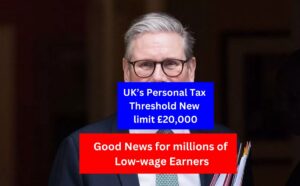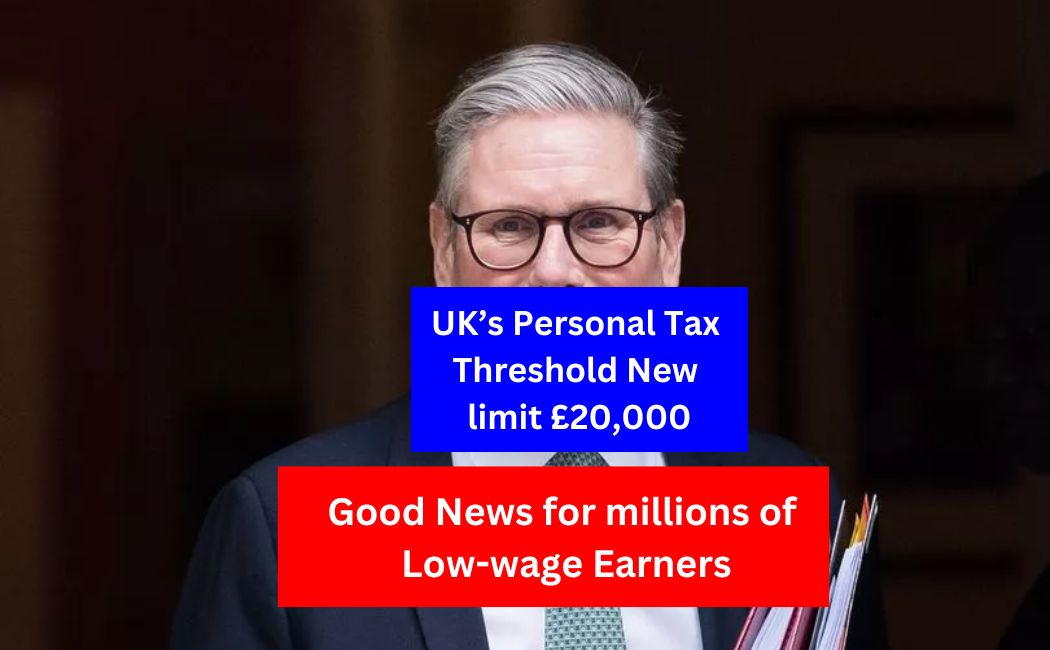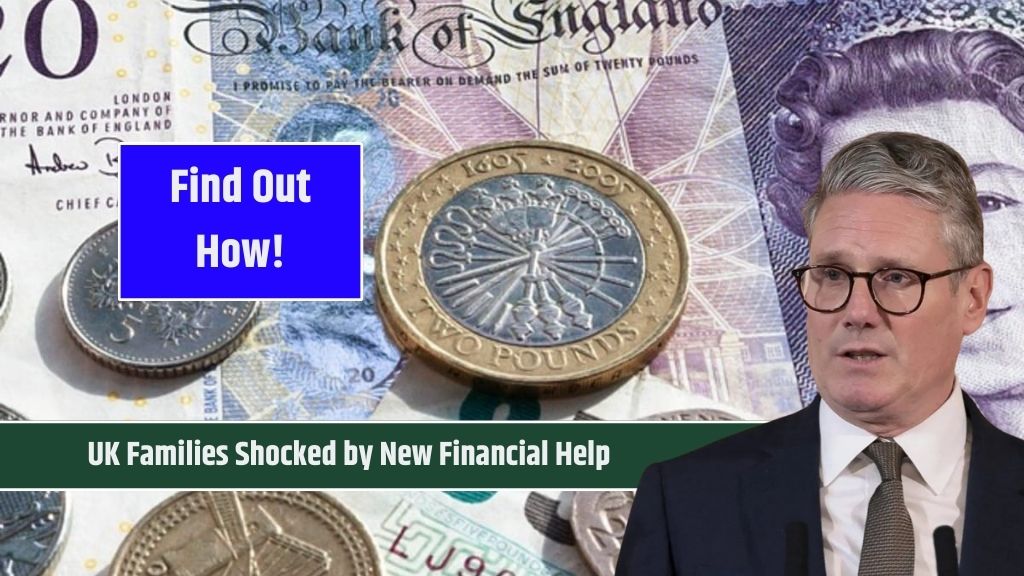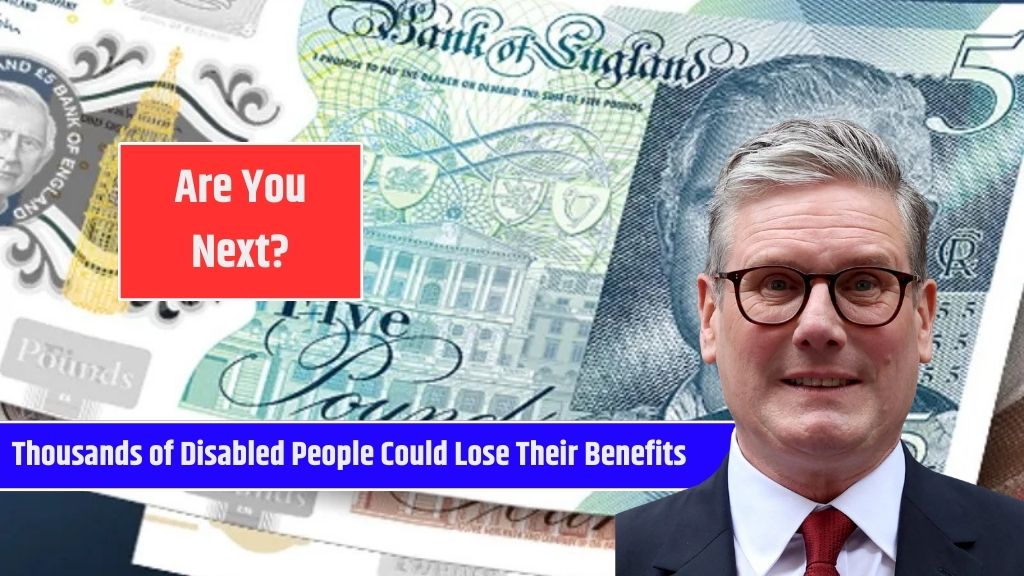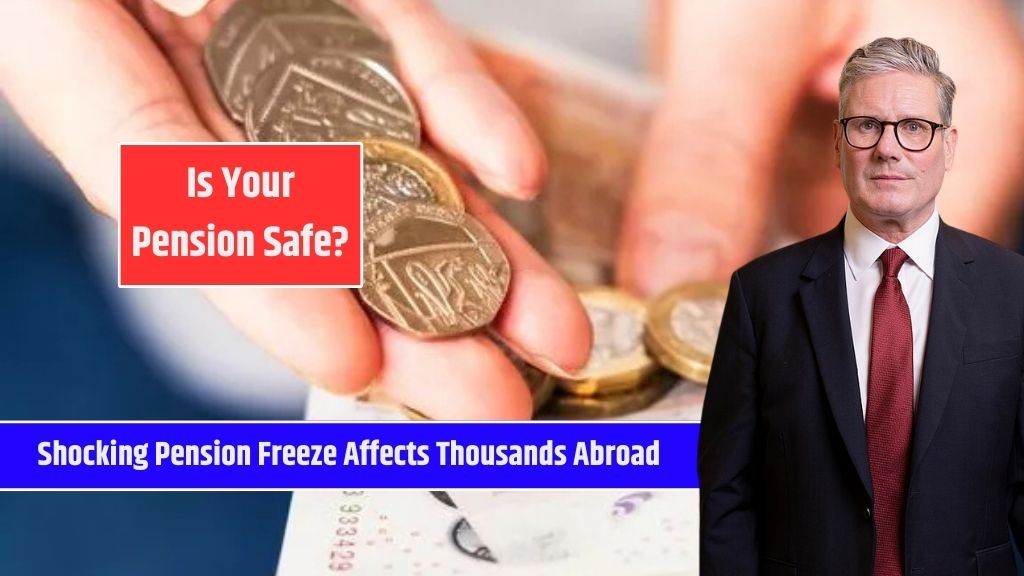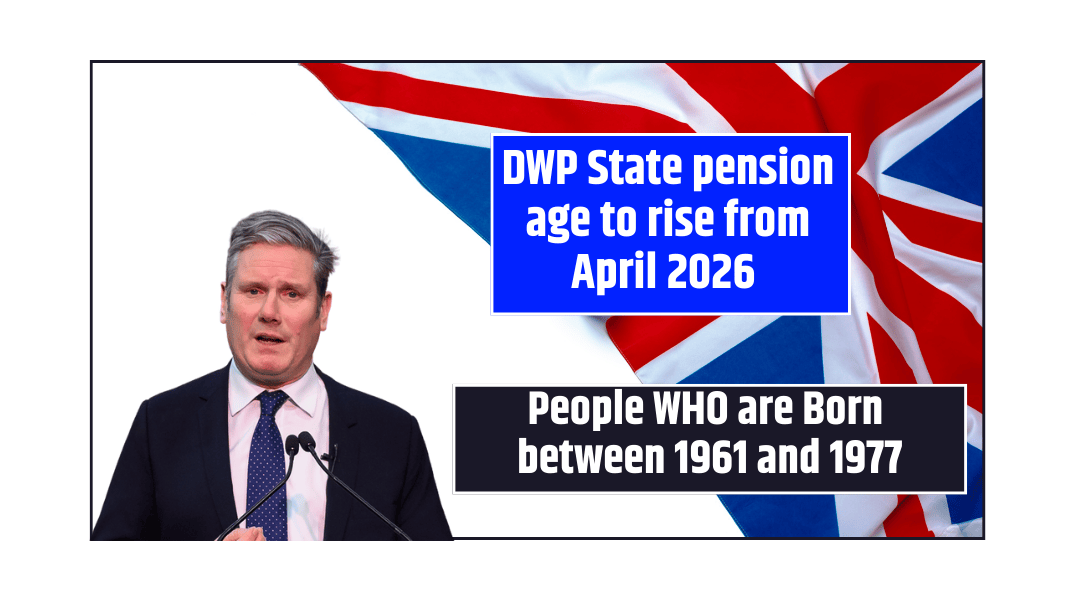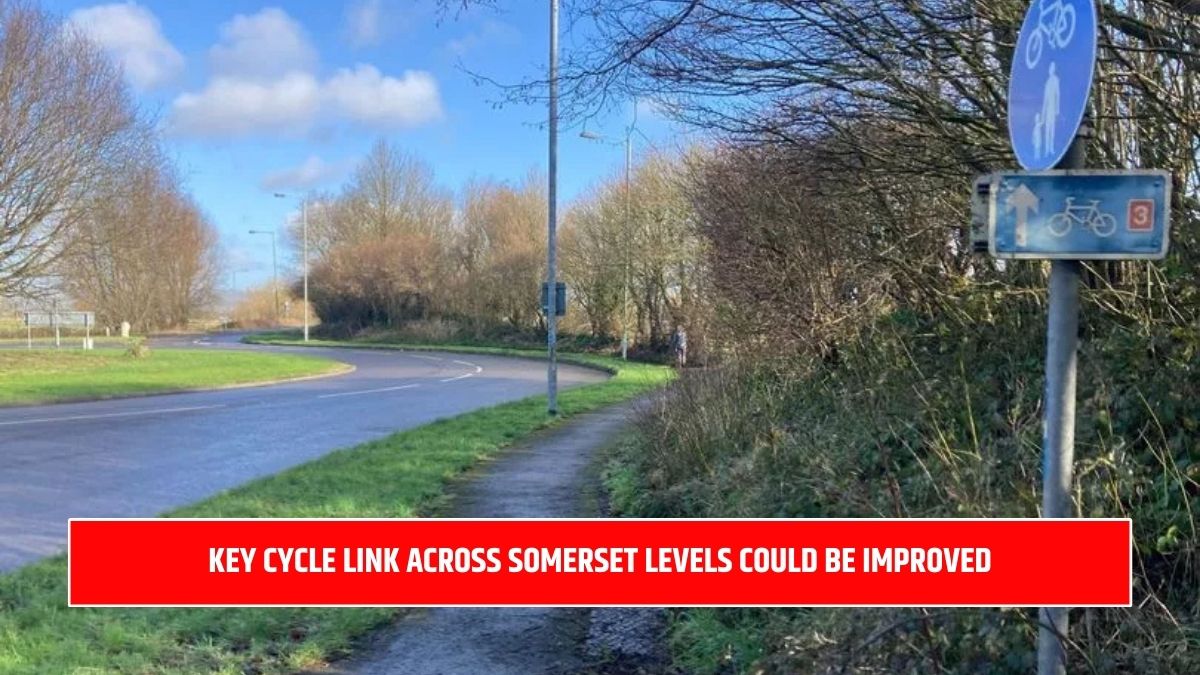The Department for Work and Pensions (DWP) has announced new powers to combat benefit fraud more effectively. These changes will give officials the authority to request bank statements from claimants if they suspect fraudulent activity. The primary goal is to recover funds owed to the department while ensuring fairness and transparency in the process. Let’s break down the key points of these new rules and how they might impact claimants.
New Powers for Bank Statement Requests
Under the new law, the DWP can request a claimant’s bank statements if there’s reason to believe they’ve committed benefit fraud. Investigators will have the right to review three months’ worth of statements, or more if needed, to assess the situation. However, it’s important to note that officials won’t have direct access to bank accounts without permission.
What Happens If Someone Refuses to Repay?
If a claimant refuses to repay the amount owed, the DWP can deduct funds directly from their account. However, this will only happen after the individual has had multiple chances to resolve the issue voluntarily. Claimants will receive a 28-day notice period before any deductions take place, giving them time to dispute the claim if necessary.
Public Concerns and Government Response
The introduction of these powers has sparked concerns about privacy and potential misuse. Many worry that innocent people could be wrongly targeted due to errors in the complex benefits system. In response, DWP minister Andrew Western reassured the public that the government is consulting with various stakeholders, including financial institutions and welfare organisations, to design the process fairly.
He explained that there will be publicly available codes of practice to guide the use of these powers. The government is committed to ensuring that the measures target genuine fraudsters while protecting honest claimants.
How Will These Powers Be Used?
Neil Couling, a senior official at Universal Credit, explained that these powers will only be used after all other repayment options have been exhausted. The goal isn’t to catch people out but to encourage them to repay any money they owe.
The Process in Simple Steps:
- Initial Investigation: If fraud is suspected, officials may request three months of bank statements.
- Communication with Claimant: The claimant will be informed about the investigation and given a chance to respond.
- Repayment Options: Before deductions, claimants can set up repayment plans voluntarily.
- Final Step – Deductions: If repayment is refused, deductions can be made directly from the bank account after a 28-day notice.
Concerns About Misuse and Mistakes
Despite the safeguards in place, some experts have raised concerns about potential mistakes. Sebrina McCullough from Money Wellness highlighted the need to distinguish between deliberate fraud and genuine mistakes. She stressed that the benefits system is already complex, and errors often happen unintentionally.
McCullough also pointed out the importance of using data to help individuals who might be entitled to benefits but aren’t claiming them. Simplifying the system, she said, could reduce errors and improve trust in the process.
The DWP’s new powers aim to reduce benefit fraud while ensuring that claimants who owe money are treated fairly. The process includes multiple layers of protection, including public consultations and notice periods, to prevent misuse. However, the success of these measures will depend on how well they are implemented and the clarity with which claimants are informed of their rights and obligations.
As the government moves forward with these changes, ongoing feedback from welfare groups and the public will be crucial to maintaining trust in the system. Benefit fraud is a serious issue, but it’s equally important to protect honest individuals from undue stress and financial hardship.
| Visit for More News and Updates | WSOA NEWS |
Why is the DWP introducing these new powers?
The DWP is introducing these powers to reduce benefit fraud and recover unpaid amounts more efficiently. By checking bank statements, officials can verify claims and take action when needed.
Can the DWP access my bank account directly?
No, the DWP cannot directly access your bank account. However, they can request bank statements if they suspect fraud and, if necessary, deduct funds after giving a 28-day notice.
How much notice will I get before deductions?
You will receive a minimum of 28 days’ notice before any deductions occur. During this time, you can dispute the claim or arrange repayment.
What if I made a mistake on my benefits claim?
Mistakes are treated differently from intentional fraud. If you realize you made an error, contact the DWP immediately to correct the information.
Will there be a public consultation on these changes?
Yes, the government will conduct public consultations to gather feedback from the public and relevant organizations before finalizing the process.

